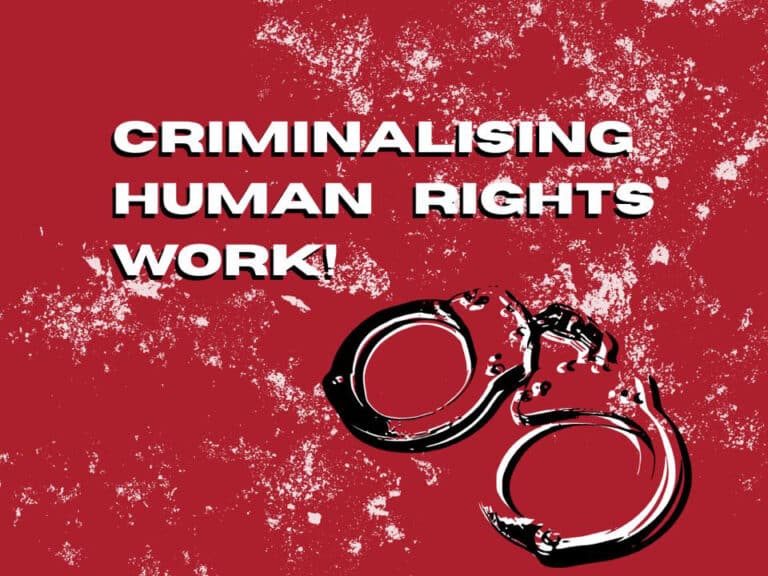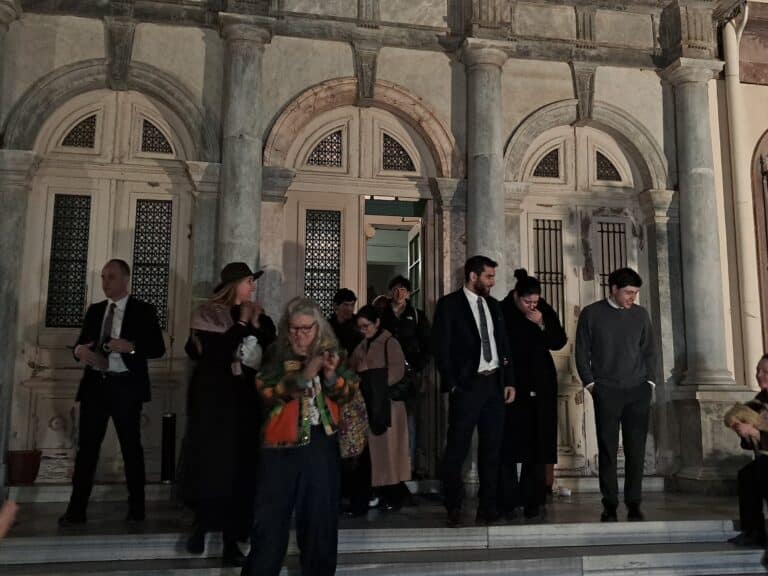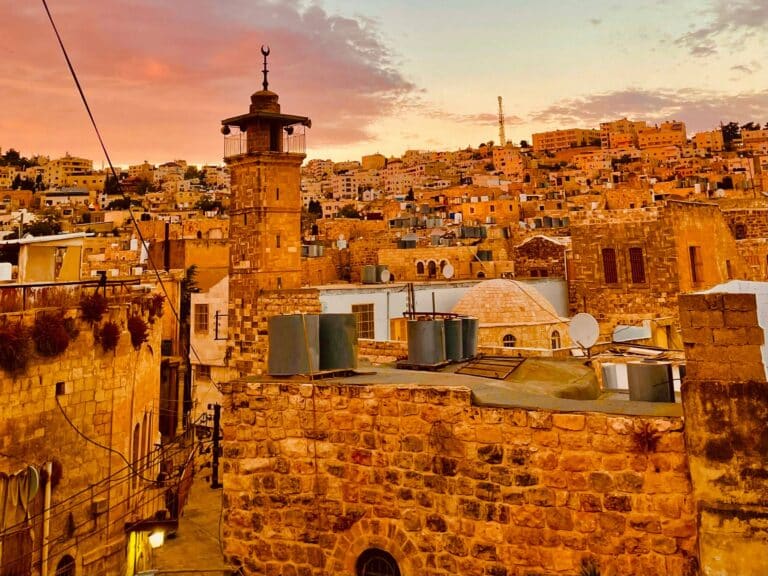CPTnet
18 August 2011
PALESTINE REFLECTION: The clarity of
thirteen-year-olds
by Mel Southworth
A couple months ago, I gave a presentation to a grade eight English class, on
the work of CPT and the Israel/Palestine conflict. I tried to describe the
situation there in a way they could relate to using the following scenario:
One year ago, a boy brought a knife to school and immediately after the incident,
the principal released a statement to the media that he would increase security
measures at the school. Days later, the school administration decreed
that all boys must go through a newly installed metal detector before they
could enter the school building. Today, the screening process can take up to
three hours; school starts at eight o’clock. Girls do not have to go
through the detector; they can enter through the back. The administration also mandated that
boys and girls must attend separate classes and if a girl is suspicious of a
boy, she is allowed to request that a teacher search him for weapons.
During the discussion time that followed the role-play, all the students agreed
that it was unfair for the school administration to make all boys go through a
metal detector because of one incident. One boy said that penalizing all boys was stereotyping. Another
boy said that he probably wouldn’t go to school anymore if he had to get up
three hours early. A group of girls said that losing their friendships
with the boys and learning to live in fear of them made them sad. One
brave girl even said that she thought girls might misuse the power the school
administration had given them and falsely accuse the boys just to exert power.
I couldn’t have asked for a better transition into the discussion of the Israel/Palestine
conflict. The role-play illustrated vividly for the class the power
dynamics between Israelis and Palestinians.
Following the presentation, the students viewed clips from “Iron Man,” “You don’t
mess with the Zohan”, “True Lies” and “Hidalgo” and then tried to connect the
presentation to their current lessons on Media Literacy. They instantly
recognized the ways in which movie makers stereotyped the antagonists as poor,
aggressive, dangerous, violent, Muslim, and Arabic-speaking, while depicting
the white people as heroic, kind, English-speaking and filled with good
intentions. They discussed the implications of these characterizations,
concluding that these movies can influence how we think of and treat each
other. Class members said they would now view the media with a critical eye and an open
heart, knowing that what is accessible is not always the truth.
The following day some students described my presentation to their teacher. He called to tell me that they had
found the time intriguing and were grateful they had had an opportunity to
participate in it. One boy mentioned that while paying his video games he
was able to recognize stereotypes in the characters. That boy gave me
hope that in a climate of racism and fear perpetuated by the media, sometimes
the truth will win.



